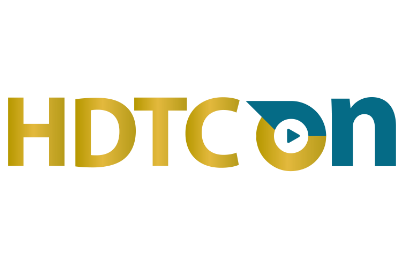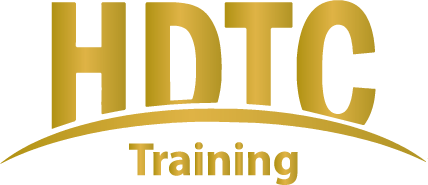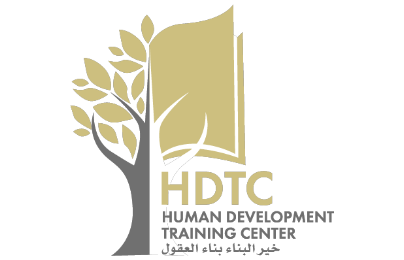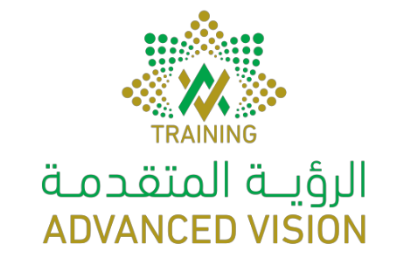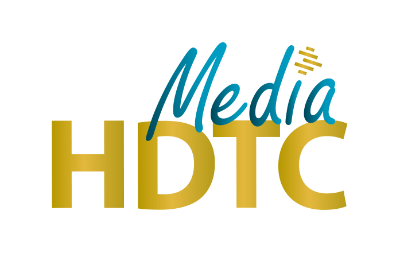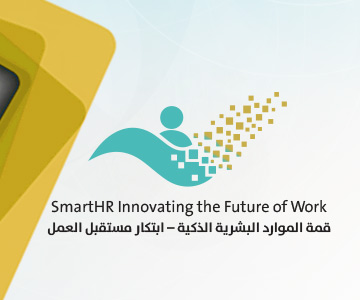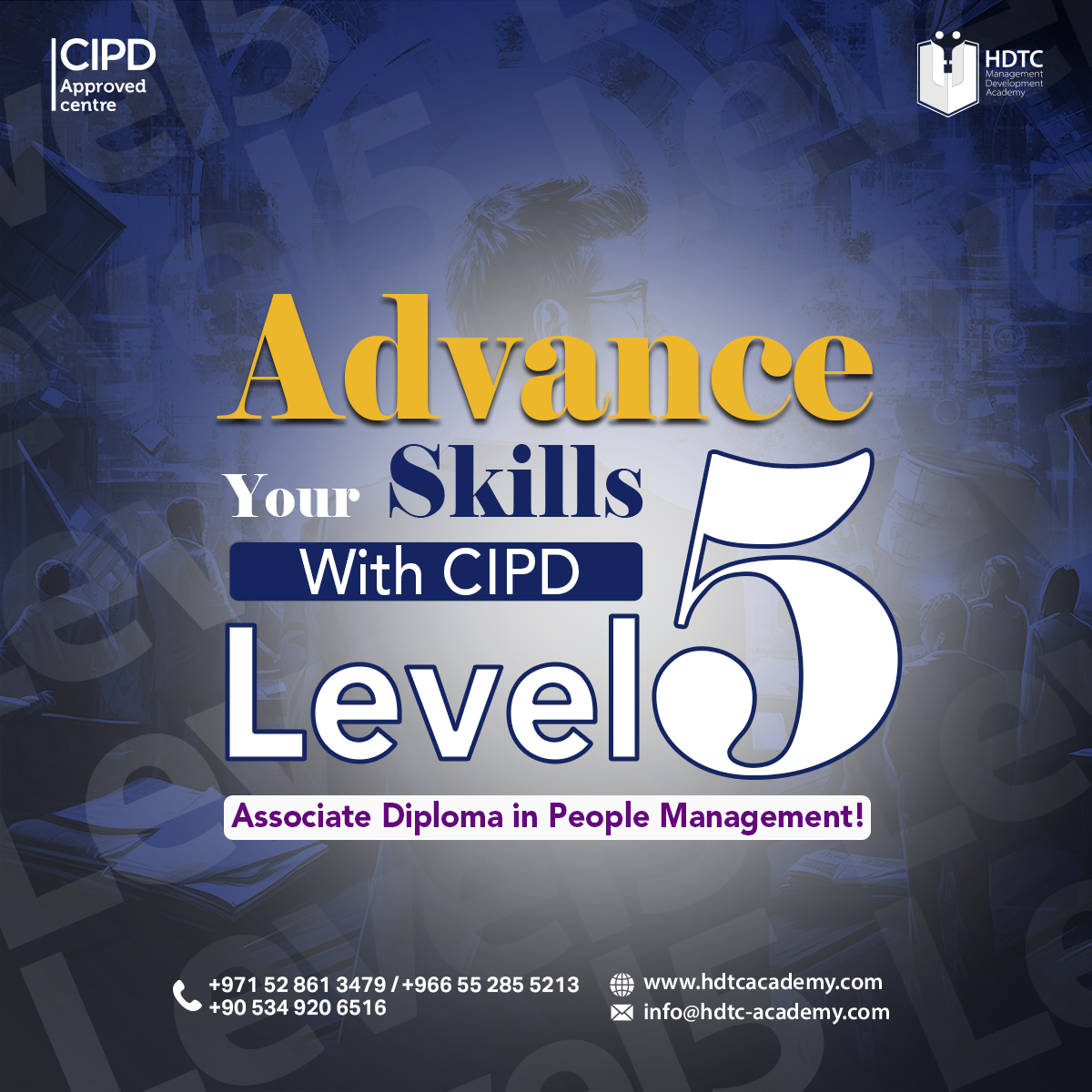:
2336
CIPD Level 5 Associate Diploma in Organizational Learning and Development
The CIPD Level 5 Associate Diploma in Organizational Learning and Development is a mid-level qualification designed for professionals aiming to enhance their expertise in Learning and Development (L&D). Below is a comprehensive overview addressing each of your queries
Course Info
- Strategic L&D Understanding: Develop a deeper comprehension of how L&D functions align with and support organizational objectives.
- Advanced Learning Design Skills: Equip learners with the capabilities to design and implement effective learning and development programs.
- Facilitation and Evaluation: Foster the ability to facilitate structured learning activities and evaluate their impact on performance.
The diploma comprises seven units, each focusing on critical aspects of L&D:
- Organizational Performance and Culture in Practice:
- Explore the connections between organizational structure, strategy, and culture.
- Understand external factors and trends impacting organizations.
- Examine the impact of technology on work.
- Learn about different approaches to managing change and the importance of employee well-being.
- Evidence-Based Practice:
- Develop critical thinking and decision-making skills.
- Learn to apply evidence-based approaches to diagnose organizational issues.
- Understand various decision-making processes and ethical perspectives influencing decisions.
- Measure the impact and value of people practices.
- Professional Behaviors and Valuing People:
- Understand the role of a people professional and the importance of ethical practice.
- Promote inclusivity and fairness in the workplace.
- Reflect on personal strengths and development areas.
- Commit to continuous professional development (CPD).
- Support Informal and Self-Directed Learning:
- Understand the concepts of self-directed and social learning.
- Encourage and engage individuals in informal learning activities.
- Support self-directed learning through resource curation.
- Design Learning and Development Programmers to Create Value:
- Identify organizational learning needs aligned with objectives.
- Design engaging L&D solutions underpinned by learning theory.
- Ensure inclusivity and accessibility in L&D design.
- Facilitate Structured Learning and Development Activities for Groups:
- Prepare for and deliver effective group learning sessions.
- Apply facilitation techniques to enhance learning.
- Support the transfer of learning to the workplace.
-
- People Management in an International Context:
- Explore the complexities of managing people across different countries and cultures.
- Understand international HR strategies and practices.
- Learn to navigate legal and cultural differences in a global workforce.
- Enhanced Career Prospects: This qualification prepares you for mid-level L&D roles, such as L&D Manager or L&D Business Partner.
- Increased Earning Potential: Professionals with a CIPD Level 5 qualification often experience salary advancements.
- Professional Recognition: Achieving this diploma grants eligibility for CIPD Associate Membership, enhancing your professional credibility
- L&D professionals seeking to advance to mid-level positions.
- Individuals with some L&D experience aiming to deepen their knowledge and skills.
- Managers looking to formalize their learning and development expertise.
- While there are no formal prerequisites, it is recommended that candidates have some experience in an L&D role or a related field.
- Professional Growth: Demonstrates a commitment to the L&D profession and continuous learning.
- Competitive Advantage: Differentiates you in the job market, showcasing advanced L&D competencies.
- Networking Opportunities: Access to CIPD's extensive network of L&D professionals and resources.
- Mid-Level Roles: Positions such as L&D Manager, L&D Business Partner, or Organizational Development Specialist.
- Specialist Roles: Opportunities in areas like Talent Development, Learning Design, or Leadership Development.
- Progression: Serves as a pathway to senior L&D roles and further CIPD qualifications, such as the Level 7 Advanced Diploma.
- Assessment Method: Each unit is assessed through written assignments demonstrating your understanding and application of the subject matter.
- Submission: Assignments are typically submitted online and evaluated by CIPD-approved assessors.
- Duration: The course is delivered over 21 days, structured into 7 units of three days each (Monday – Wednesday). Typically, it takes 8-10 months to complete, with up to 18 months of support available.
